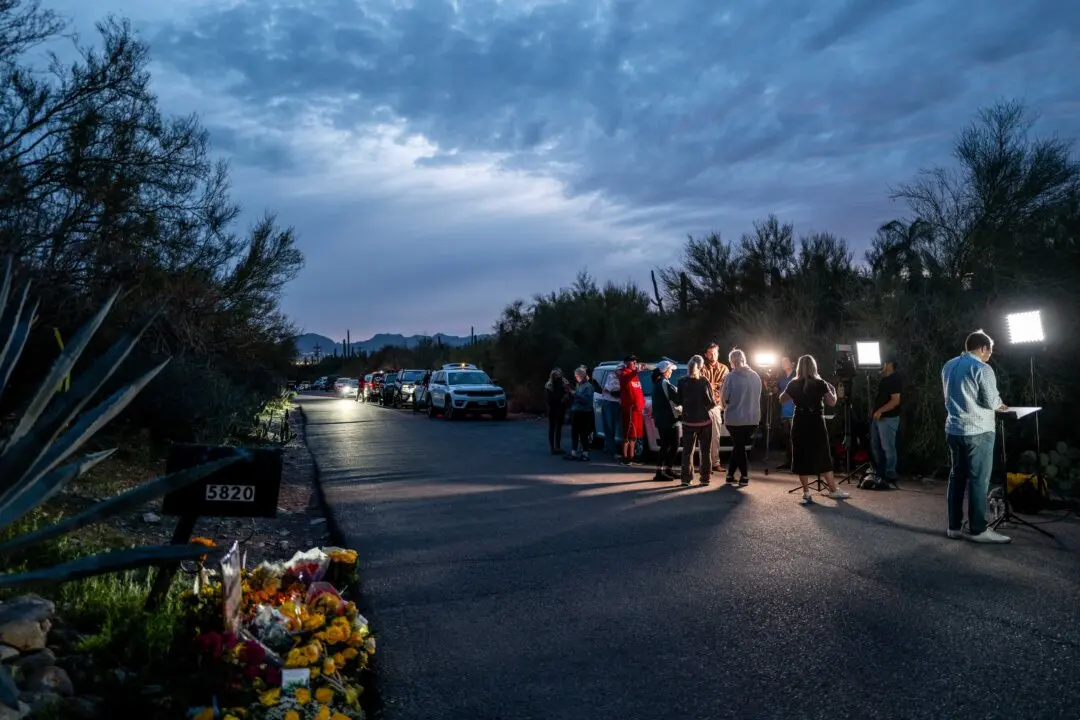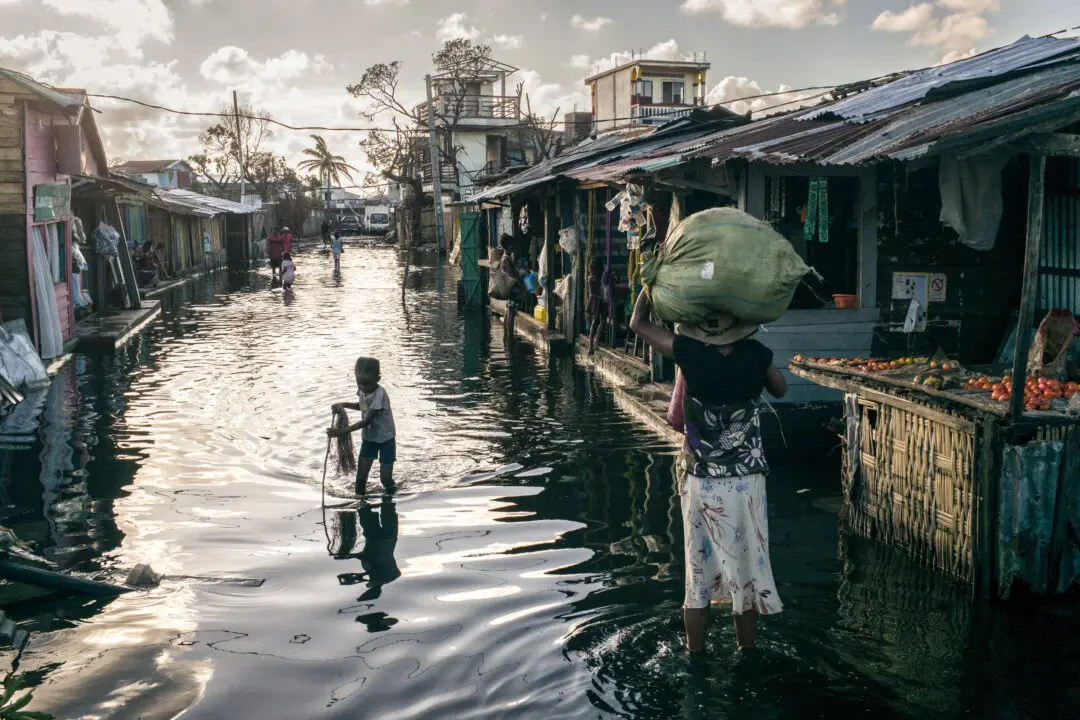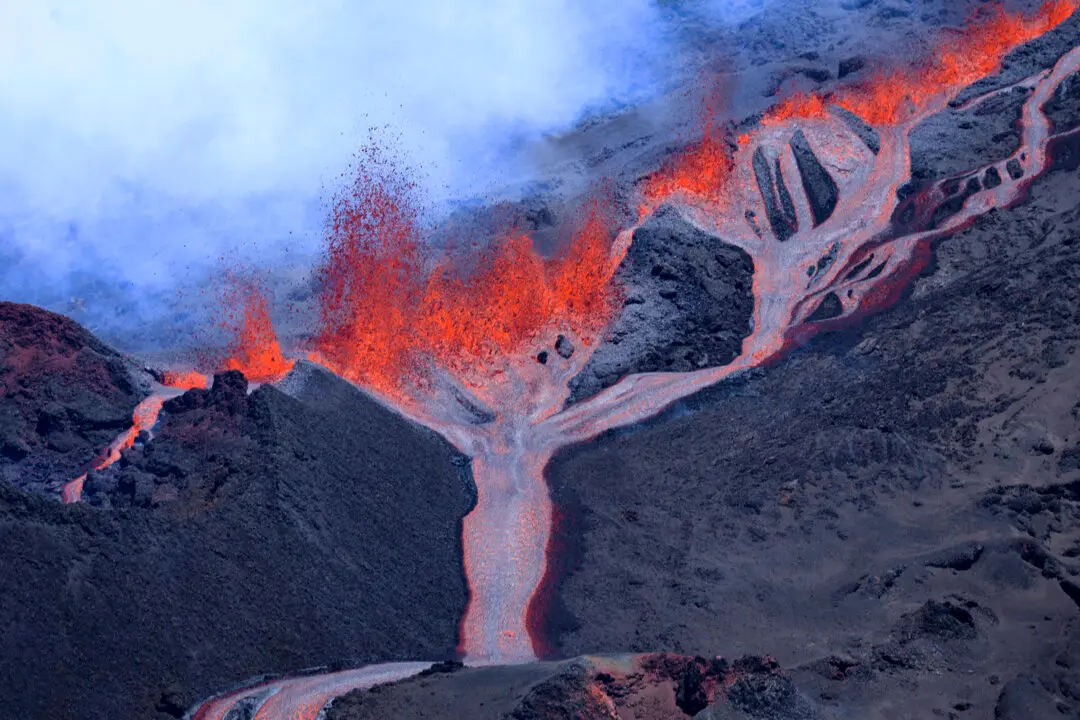As the coronavirus outbreak reaches a crisis point, the Chinese Communist Party (CCP) has ramped up its monitoring and censorship of the internet to delete unsanctioned posts.
“50 Days of the Wuhan Outbreak: Chinese People Are Suffering from the Death of Media” was one such article shared on WeChat, China’s most popular social media platform. It was soon deleted by CCP censors.





